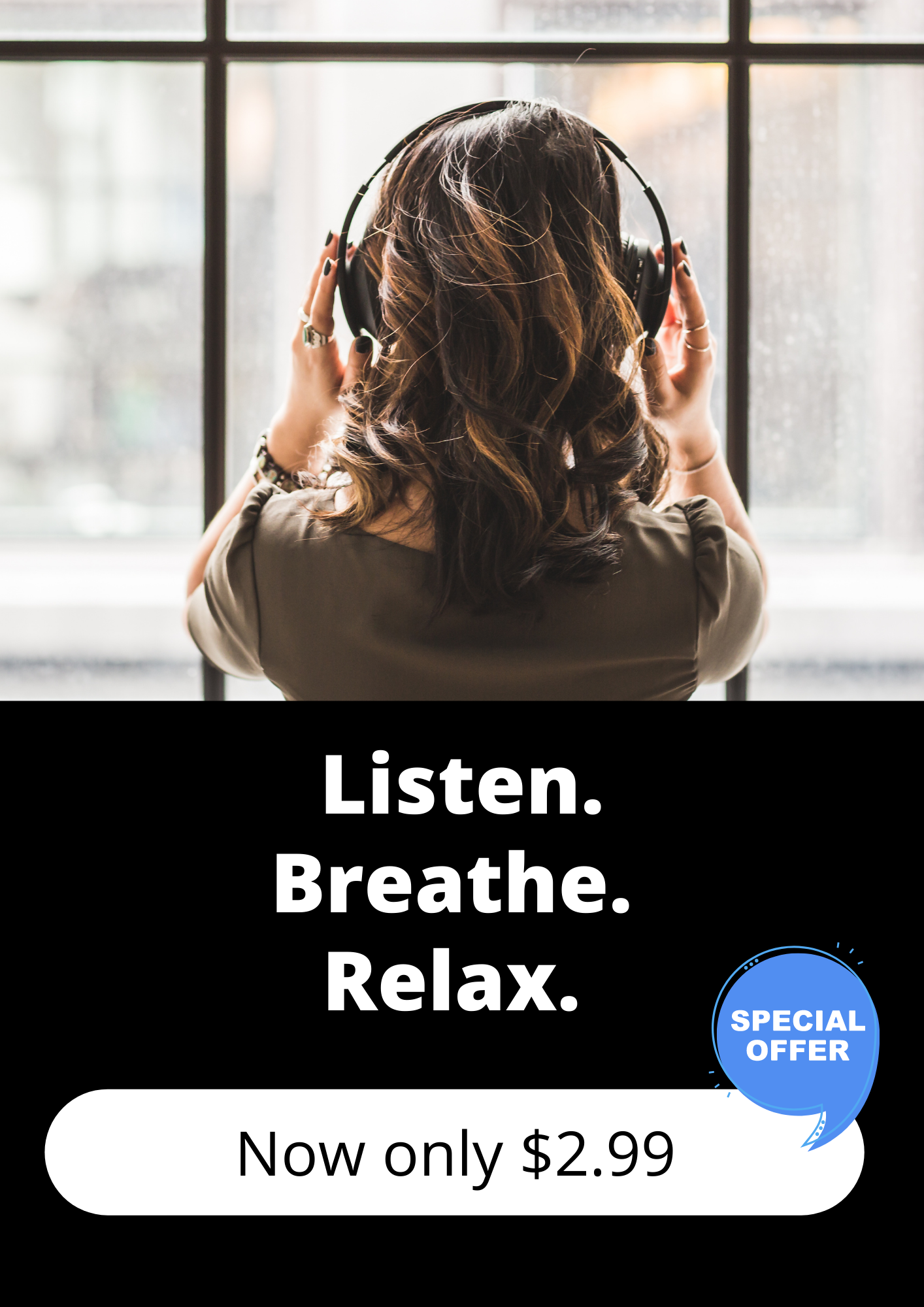Relaxation practices can be a powerful tool in reducing stress and anxiety, both during and after stressful situations. Beyond that, however, developing your personalized relaxation practice can help you enjoy a higher quality of life regardless of your level of stress. Relaxation isn’t just about rest or enjoying your hobby or recreational activity. It’s about having a go-to relaxation practice that you can use on a regular basis. And it’s worth the effort. Take a look at just a few of the benefits.
Discover the Levelhead for Real Life app and reduce stress in just 3-5 minutes a day. READ MORE
Physical Benefits
Slows heart rate
Lowers blood pressure
Slows breathing rate
Improves digestion
Controls blood sugar levels
Reduces stress hormones
Improves blood flow to muscles
Improves sleep quality
Decreases fatigue
Psychological Benefits
Improves attention and focus
Lifts our mood
Increases creativity
Improves quality of decision-making
Reduces anger and frustration
Boosts confidence
Increases self-compassion
It’s Worth the Effort to Develop Your Relaxation Practice
As you develop your relaxation practice, you will become aware of the physical signs that stress is building. For example, you will notice that your muscles are tense, such as those in your shoulders or in your jaw. When you understand what the stress response feels like, you can make the choice to practice a relaxation technique when you start to feel stress symptoms. Having these tools available, you can prevent stress from spiraling out of control and decreasing your quality of life.
Keep in mind, your relaxation practice involves skill-building. Each activity is a skill for you to learn and sustain. As with any skill, your ability to relax will improve with practice. Be patient with yourself. Don't let your effort to practice relaxation techniques become yet another stressor.
If one relaxation technique doesn't work for you, try another one. Also, be aware that some of us may experience emotional discomfort in some relaxation techniques. While this doesn’t occur often, if you experience any discomfort while practicing, stop what you are doing and try another technique. If you are unable to find a relaxation technique that works for you, consider talking to a health care provider or mental health provider.



